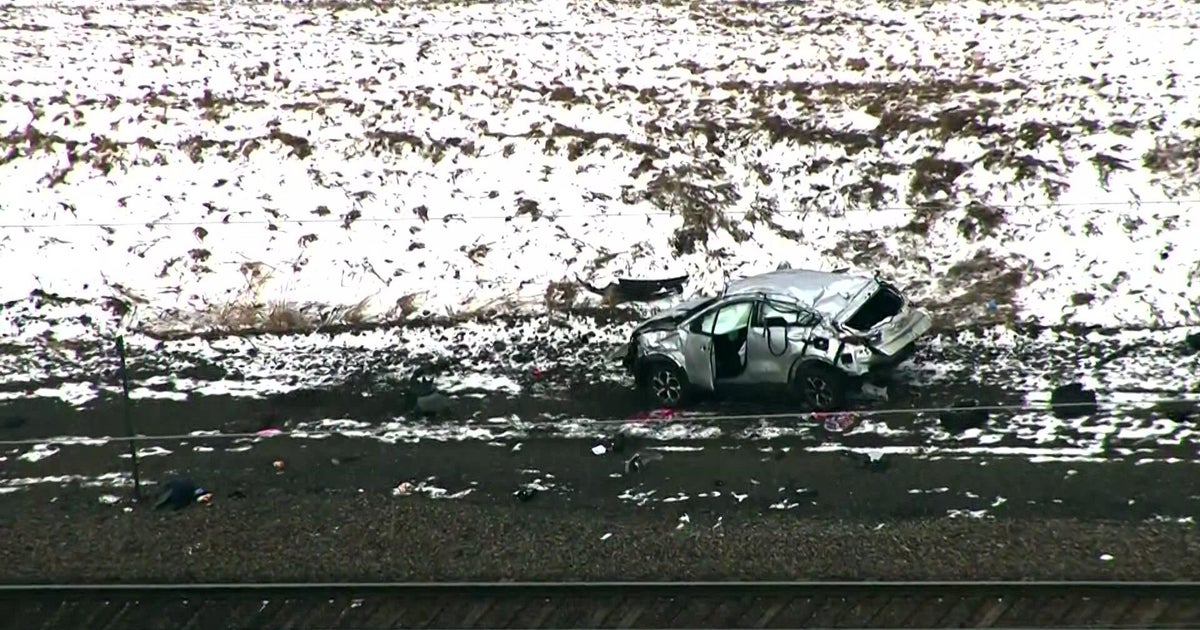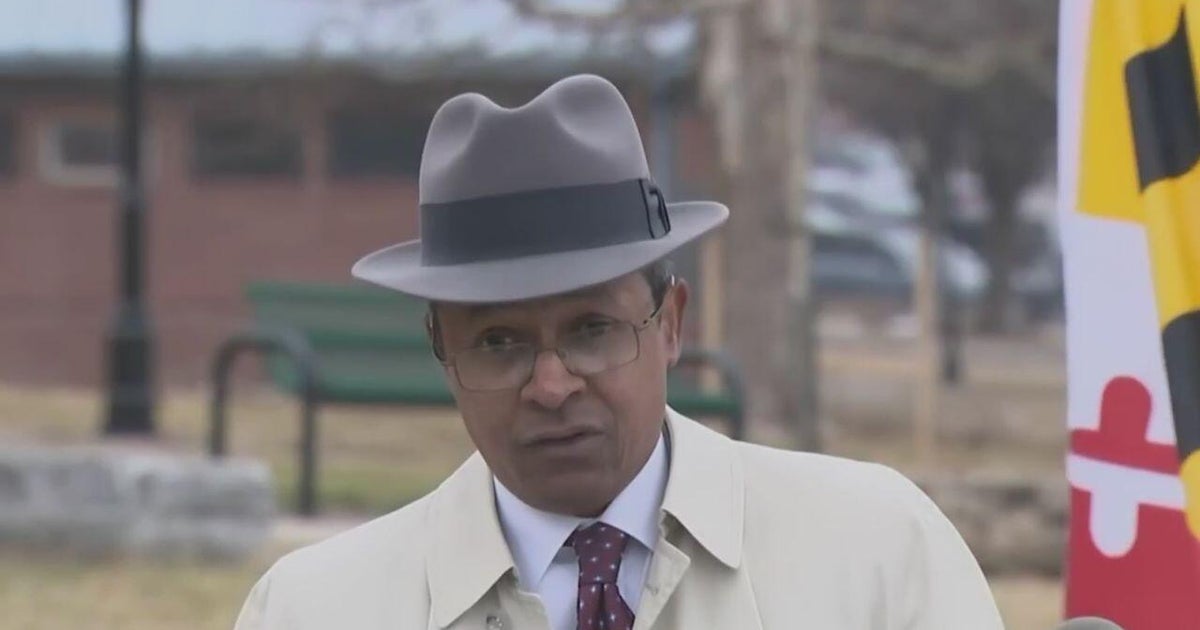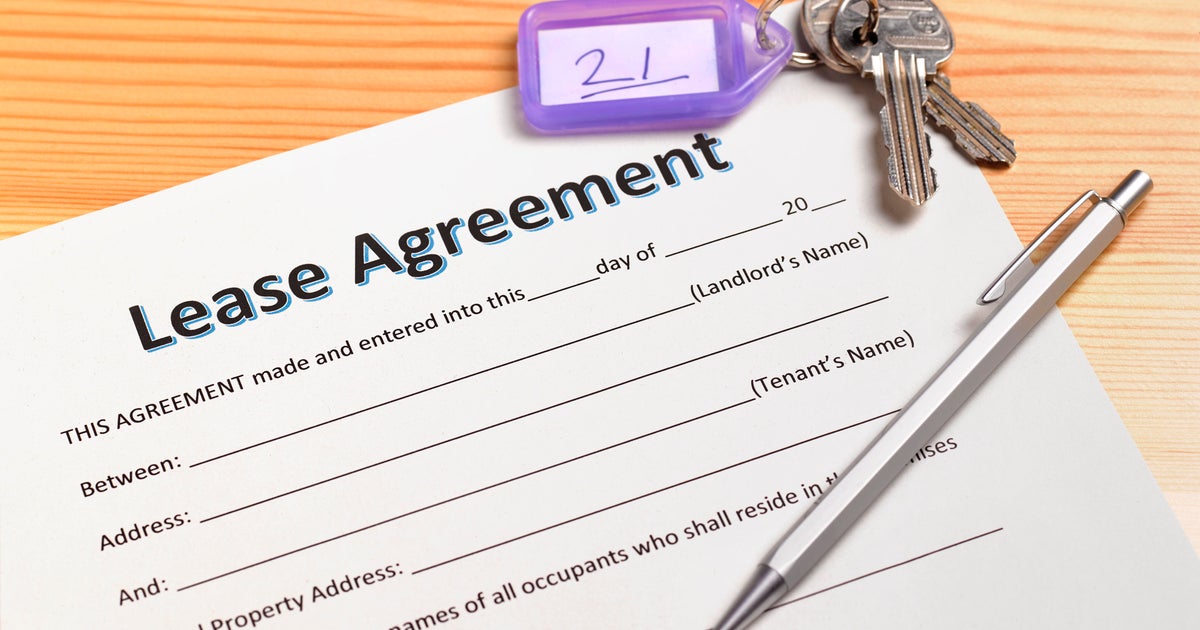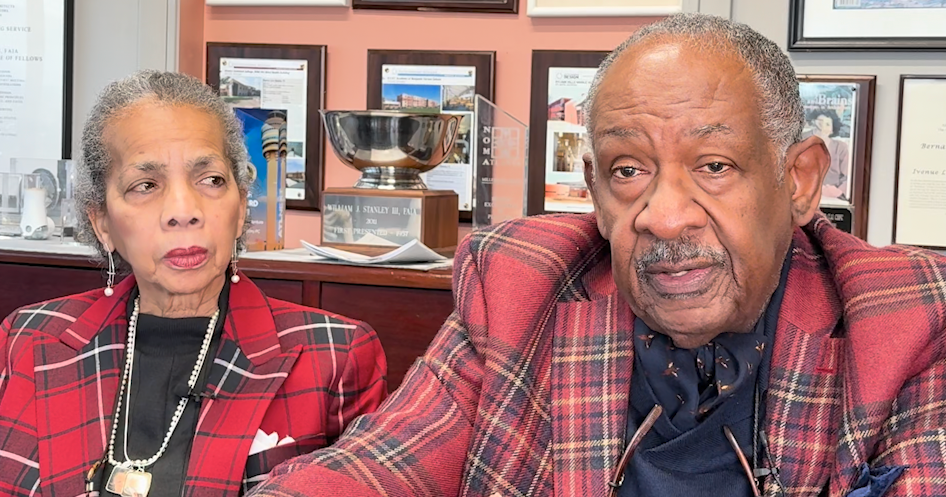D.C.'s 'Auto Row' Only A Memory
By MEREDITH SOMERS
The Washington Times
WASHINGTON (AP) -- The automobile industry's best and brightest new models will be on display beginning Thursday at the Washington Auto Show, but you would be hard-pressed to find a dealer that sells these cars within the city limits.
As many as 70 new-car dealerships once dotted downtown D.C. Georgia Avenue was home to the illustrious "auto row," and Anacostia was a dealership destination. Today, the National Automobile Dealers Association claims just one member within D.C. boundaries, and even its future seems uncertain.
The experience is common to urban areas. Analysts say the decline of the city salesman began decades ago as dealers followed drivers to the suburbs where rent was cheaper and space more abundant.
"Traditional retailing used to be downtown, in shopping districts," said Elgie Bright, assistant professor and chairman of automotive marketing and management at the Michigan campus of Northwood University. "Now it's out in malls. Dealers followed traditional demographics, the patterns of retailing. It's especially seen in old Rust Belt cities like Detroit, Cleveland, places like that. People moved out to the suburbs. They may work in cities, but they jump in their cars and go back out."
The District is a perfect example of that, said Gerard Murphy, president and CEO of the Washington Area New Automobile Dealers Association.
"We're so Beltway-oriented with how people get around," Murphy said. "We're somewhere between Los Angeles and New York."
Martens Cars of Washington, the last of the city's new auto dealers, dates back to the beginning of the 20th century with a history that includes selling mule-drawn carts, Model Ts and midlevel luxury sedans.
Recently, however, the roughly 1-acre property in Upper Northwest has undergone a transformation. The family sold off the Volvo half of its Volvo-Volkswagen dealership to Euro Motorcars.
Gil Hofheimer, general manager of Euro Motorcars Volvo, said he remembers when the dealerships were plentiful in the city.
"When I was growing up in Washington, there must have been 20 to 30 dealerships in the Washington area," he said. "They were all in D.C. This goes back to the `60s. There was Pohanka Oldsmobile right down the street, a Lincoln Mercury store on Connecticut Avenue. What happened was property in the suburbs became much less expensive. Developers came in and offered tremendous amounts of money to buy up property dealerships sat on."
Now the Volvo dealership is moving to Bethesda to make way for redevelopment of the Wisconsin Avenue property.
Asked what was in store for Martens Volkswagen, Harry Martens said, "We're not planning on leaving the District right now."
"We are here, and my office is here, my sister's office is here. Right now, we're staying here," he said. "Plans are always subject to change, somebody could walk in here tomorrow and do something we're not anticipating, but right at this moment we're not moving."
The most recent numbers provided by the National Automobile Dealers Association show that last year 17,635 new car dealerships operated in the United States, up from 17,540 in 2012 but lower than any year from 1991 to 2011.
The District has the Volvo-Volkswagen dealership, while Maryland has 303 new car dealerships and Virginia has 494 new car dealerships, according to the National Automobile Dealership Association. California has the most dealerships with 1,364. Alaska has the fewest among the states with 35 dealerships.
"After World War II, there were nearly 45,000 dealerships. Now there's 18,000," said Timothy Gilbert, chairman of the automotive marketing department at Northwood University's West Palm Beach site.
"You see how much it's deteriorated over time. The nature of this being a family business was very strong into the `50s and `60s and think even into the `70s. Beginning in the mid `80s and `90s, larger businesses began to form. Public companies run a significant volume of total sales in the U.S."
Those dealerships also are making changes of their own.
"The latest trend of activity is customers are buying vehicles in a different way," Gilbert said. "They're using the Internet much more for information-gathering before they go into the dealership. That means the role of a salesperson is changing and the role of how a dealership processes customers and how customers want to be treated is changing."
Buyers used to come into a showroom armed with little more than a newspaper ad. Today, thanks to the Internet, a customer can find out the specifications of a car, financing options and a good price for their used vehicle.
"That's a significant change from 10 years ago," Gilbert said. "I think it's a matter of adapting. Old, outlying salespeople like to do sales the traditional way. They're probably not overly thrilled by that."
Some car companies, however, have embraced the era of social media and are hiring younger, more tech-savvy employees who can connect with customers even before they set foot in the showroom.
"The Internet gives the dealer and the customer a different perspective, a two-way conversation," Gilbert said. "Customers connect to a dealership through email, and once you have email addresses you stay in touch build a long-term relationship."
Whether dealerships will make the change and head back into cities has yet to be determined, but analysts said it's not out of the question.
Gilbert said vehicles could be displayed at places like boutiques at Tysons Corner Center or downtown malls.
Tesla Motors, a U.S. company that manufactures luxury electric cars, has a showroom nestled among the lobbying firms on K Street. Murphy said something between the Tesla store and a full-blown dealership could find its way to the District.
"You need space for a modern dealership today. People want to buy the car, and you need inventory, and you also need industrial-style space for services," Murphy said. "Showrooms you can only look at limited number of vehicles. Industrial sectors, New York Avenue, for example, would be a great place to have repair facilities. Even make that a dealer row if you wanted to. There are still industrial sectors in the city where you can do that."
Bright said that, despite following customers out to the suburbs, dealerships likely won't follow them back to the city.
"Today there's a lot of young people moving into loft areas, building up residential-type communities," Bright said. "Car dealers are entrepreneurs. My guess is, because they're establishing a footprint now, as long as traffic can get to you, that's where they'll stay."
(Copyright 2013 by The Associated Press. All Rights Reserved.)







